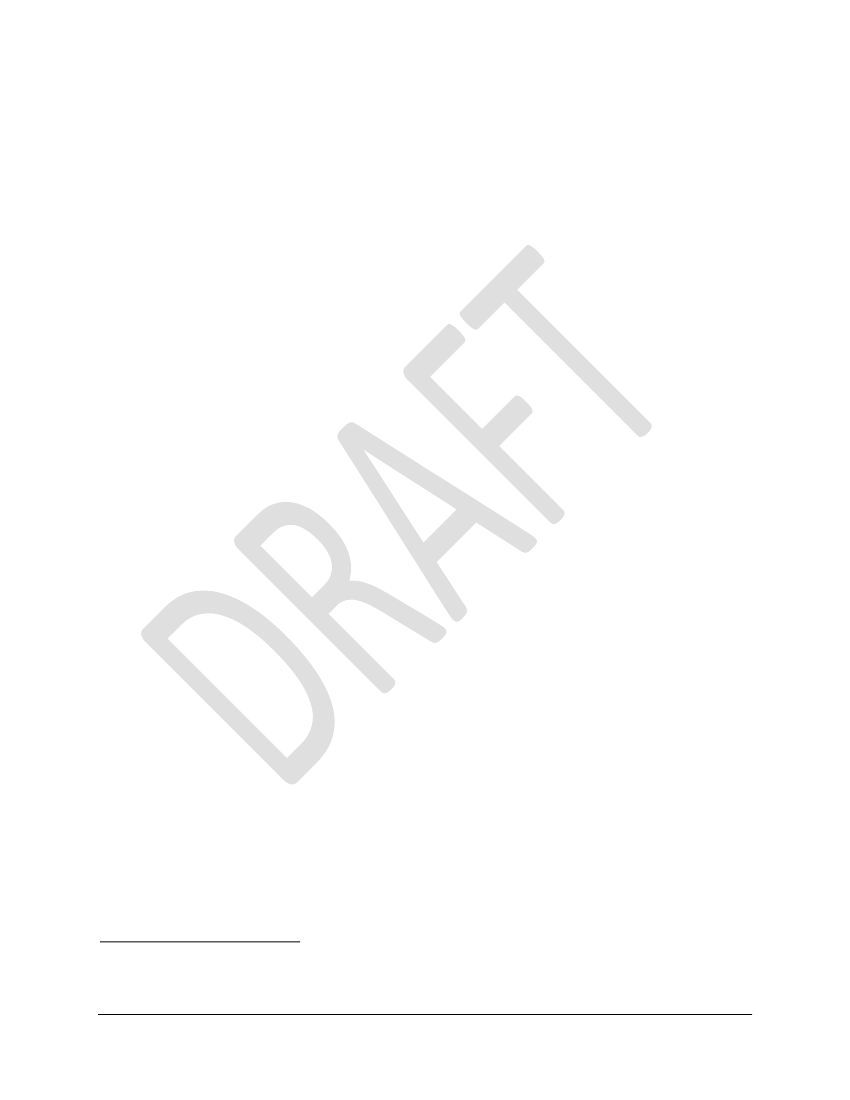
Quick information for Members of Parliament in Denmark
–
UNDP
Africa (HIV, Health & Development) Team 15 May 2020
O e ie of UNDP s o k i Af i a o HIV/AIDS a d the i pa t of
COVID-19
O e ie of UNDP s HIV, Health & De elop e t Wo k i Af i a
UNDP in currently working in 26 countries in sub-Saharan Africa supporting national
governments and civil society organisations, as well as the African continental and regional
entities (the AUC, ACHPR, EAC, the SADC and SADC-Parliamentary Forum and the
WAHO/ECOWAS) to ensure a
human-rights based approach
to HIV, TB and malaria
interventions with a focus on key and vulnerable populations (including with sex workers, men
who have sex with men, LGBTIQ people, people who use drugs and incarcerated groups). This
work is funded primarily through bilateral donors. In addition, UNDP has just launched an
I lusi e Go e a e I itiati e fo used o LGBTQI people a d thei hu a ights i su
-
Saharan Africa.
UNDP s ole i the UN Joi t P og a
e o HIV a d AIDS UNAIDS fo uses o HIV p e e tio
among key populations together with UNFPA; supporting Investment and efficiency of HIV
related investments together with the World Bank, and ensuring programmes address Human
rights, stigma and discrimination focusing on legal and policy reform, access to justice and
rights; and elimination of HIV health-care stigma and discrimination. This is supported by the
UNAIDS UBRAF Funding mechanism.
In addition, UNDP supports the Global Fund for AIDS, TB and Malaria (GFATM) programmes in
Africa as Principal Recipient for 11 grants in 7 countries;
1
has grants for supporting the Country
Coordinating Mechanisms in Sao Tome et Principe and Zimbabwe; has financing agreements for
procurement and supply chain management in 5 countries;
2
an agreement with Gavi in Zambia
for health systems strengthening support; and
Solar for Health
project in 7 countries.
3
Finally UNDP supports through a number of global projects/interventions, in collaboration with
the WHO, the FCTC and other partners on working in several African countries on elimination of
tobacco use, universal health coverage, understanding modalities to tackle non-communicable
diseases, ensuring sustainable procurement for health (supplies, waste management, energy
needs etc.), and for increased access to newer health technologies.
Quick overview on the impact of COVID-19
o UNDP s o k elated to HIV a d AIDS a d Ke
and Vulnerable Populations
Since the onset of the COVID-19 pandemic in several African countries, UNDP Headquarters,
regional bureaux and country offices have been at the forefront of providing emergency support
in terms of setting up support based on the 3 pillars: resilient health systems including health
1
2
Angola, Burundi, Chad, Guinea-Bissau, Sao Tome and Principe, South Sudan, Zimbabwe
Angola, Equatorial Guinea, Guinea-Bissau, Mozambique & Zambia
3
Angola, Namibia, South Sudan, Zambia, Zimbabwe, Chad and Liberia
Page 1 of 4